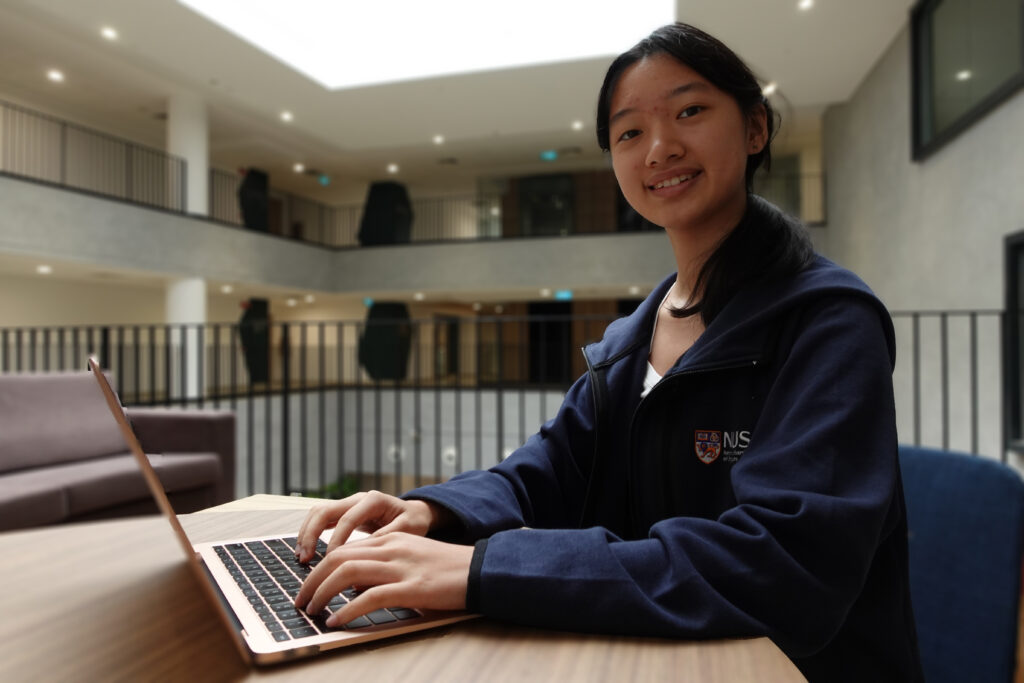I’m an IB student at Dulwich College Singapore, and I feel blessed to have had the opportunity to intern at the LRF Institute for the Public Understanding of Risk (IPUR) – my first experience of working at a university.
I first learned about IPUR from a recent news report on the lack of public awareness on Singapore’s Net Zero emission target. This raised my curiosity in public opinions which in turn made me interested in an internship in IPUR. I wanted to understand the factors that allow the forming of public opinion in time of crisis – such as global warming or the COVID-19 pandemic, and how governments and decision-makers prioritise the severity of problems.

Fortunately, Dr Olivia Jensen provided me with a chance for a two-week-internship at IPUR. During the 9 working days on the campus, I participated in two research projects. The first one was for an event named “Carbon Crunch”, aiming to raise awareness for how carbon emissions are connected to our eating habits. I looked into Singapore’s food consumption during the 1970s and compared it to recent years, discovering that due to the increase in population and import rates, Singapore was consuming more food in an unsustainable way. Due to the 2000% increase in food imports from 1970, we tend to choose to eat more imported red meats without paying attention to how it accounts for 40% of greenhouse gas emissions annually. I hope that the data I collected helped people understand the seriousness of the issue so that they can make better choices.
For the second, I gathered information on the upcoming Long Island project to get a better understanding of the potential risks it poses. Since the plans of the project were first unveiled in 1991, there have been many concerns on how or when it would be implemented. Using reclaimed land as a method of coastal protection would result in disruption of marine life biodiversity up to 10 kilometres away from the mainland, as well as blocking the nesting hotspot for hawksbill turtles and horseshoe crabs. Besides environmental risks, the stress on cost and resources could make it even harder for the government to move the project forward. In the future, I want to identify more unseen problems that arise from government plans and, if possible, to become a member of the IPUR research team to address those issues.
During my internship, the wonderful IPUR team helped me develop my understanding of risk communication. I really enjoyed having social time with its staff and other interns. In the future, I hope I will have the ability to play a role, however small, in more complex tasks such as survey design and data presentation, in order to communicate more risks regarding sustainability.
